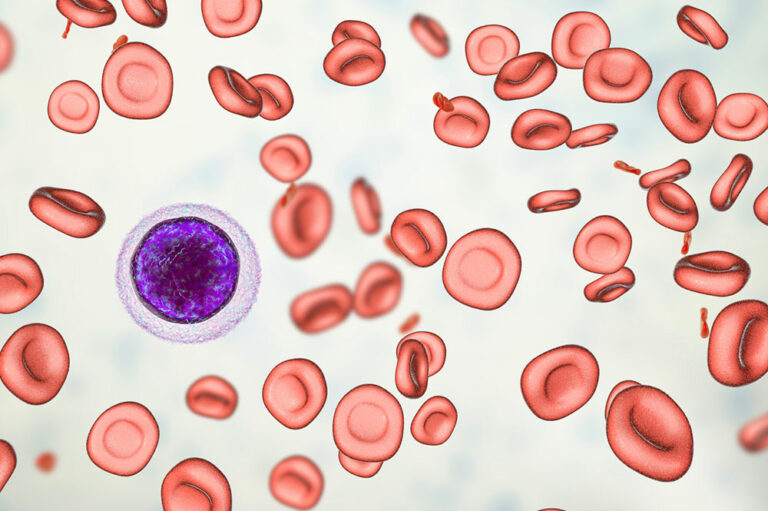
9 signs of anti-neutrophil cytoplasmic antibody vasculitis
Anti-neutrophil cytoplasmic antibodies or ANCAs are a type of autoantibodies in the body. When ANCAs attach to certain white blood cells called neutrophils, they can begin damaging small blood vessels, causing vasculitis—inflammation of the blood vessels. In most cases. ANCAs are detected through blood tests conducted to check for autoimmune disorders, inflammatory bowel disease, and vasculitis. Additionally, here are a few common symptoms of ANCA vasculitis that can be observed: Blood in urine ANCAs that cause blood inflammation most commonly affect the kidneys. As a result, blood may be observed in the urine. Further, the urine may appear foamy and discolored, taking on a brownish hue. A sign of ANCAs is the presence of protein in the urine, usually detected during diagnostic testing. High blood pressure ANCAs may start to attack the small blood vessels, making them become inflamed and swollen. This results in high blood pressure. Fatigue The presence of ANCAs in the blood weakens the vessels. Further, they can become narrower, leading to a deficiency of oxygen and nutrients in various organs relying on blood for the supply. This results in extreme fatigue. Respiratory problems The ANCAs in the blood can also affect the lungs, causing several respiratory problems.
Read More 



